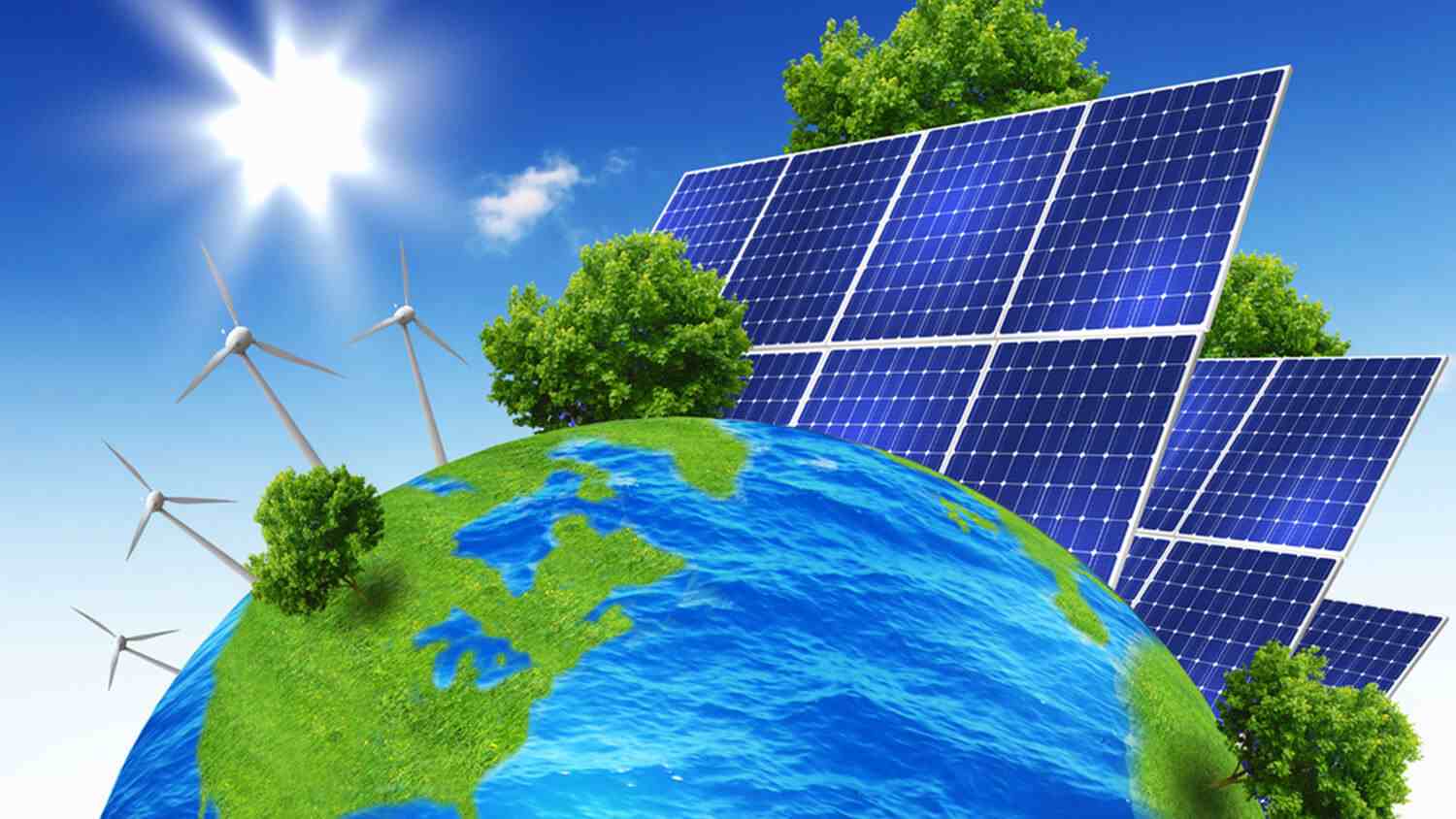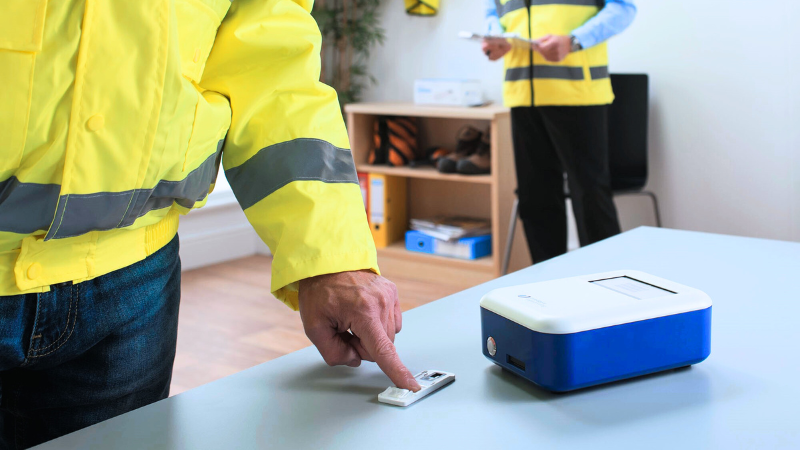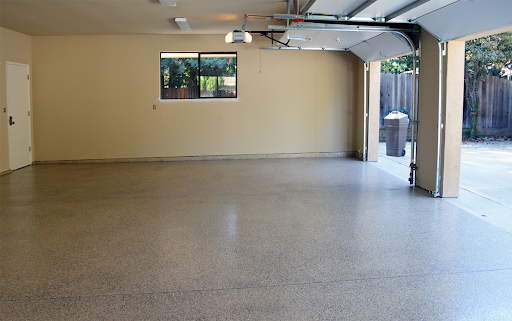Introduction
Solar panels are a cornerstone of energy-efficient living. Whether installed on a residential rooftop or a sprawling commercial facility, they represent a long-term commitment to sustainability, cost savings, and forward-thinking design. However, what many property owners don’t realize is how quickly the return on investment can drop when solar panel cleaning is neglected.
A layer of dust, bird droppings, or pollen might seem minor, but its effect on energy output is far from trivial. Dirty solar panels can experience a significant drop in efficiency—sometimes up to 20–30% or more—depending on the level of buildup and environmental exposure.
This article takes a closer look at how cleanliness directly affects solar performance and why consistent care is crucial for maximizing energy production, system longevity, and environmental value.
What’s Collecting on Your Panels?
Unlike other exterior surfaces, solar panels require unobstructed access to sunlight. When that access is compromised by debris, even slightly, the entire system’s performance suffers.
Common accumulations include:
- Dust and airborne particles from construction, wind, and pollution
- Tree pollen and sap, especially in suburban or rural settings
- Bird droppings, which often create opaque patches
- Mold and mildew in humid climates
- Industrial residues in urban or manufacturing areas
Over time, these materials adhere to the glass surface, reducing light transmission and heat absorption—key components in generating electricity. The more opaque the layer becomes, the harder it is for the photovoltaic cells beneath to function at peak efficiency.
The Performance Drop: How Dirt Affects Output
The idea that “a little dirt doesn’t matter” is a common misconception. In reality, even minimal grime can disrupt panel output. Research has shown that solar panels operating under heavy buildup can generate up to one-third less electricity than their clean counterparts.
These losses are often cumulative. A slight decrease in daily performance might not seem significant, but stretched over months or years, it equates to lost energy and diminished savings. For grid-tied systems, this means more electricity is pulled from the utility, defeating the point of the installation.
In larger systems, such as those found on commercial properties, the difference in performance from unclean panels can reflect as higher operational costs, missed energy benchmarks, and even warranty concerns.
Solar Panel Cleaning vs. Other Exterior Maintenance
It’s tempting to group solar panel cleaning in with pressure washing or exterior house washing, but they are fundamentally different in purpose and method. While pressure washing removes dirt from driveways and siding through high-force water, solar panel cleaning must be handled delicately.
Too much pressure or the wrong cleaning solution can damage the anti-reflective coating, void warranties, or crack the panel’s surface. That’s why specialized methods—often using deionized water and soft-bristled tools—are used to ensure residue is removed without harming the equipment.
Exterior window cleaning shares some overlap in technique but still differs in the materials and safety precautions required when accessing and maintaining rooftop solar arrays.
The Environmental Cost of Dirty Panels
It’s not just your wallet that suffers when panels underperform—it’s the planet. One of the major benefits of solar adoption is the reduction of carbon emissions and the demand for fossil-fuel-generated electricity. When panels don’t reach their full potential due to neglect, the environmental impact of their production and installation becomes diluted.
For every kilowatt-hour not produced by your solar system, more energy must be drawn from conventional sources. This offsets the net environmental gain that solar aims to deliver.
Routine solar panel cleaning in Silicon Valley is therefore more than maintenance—it’s environmental responsibility. It ensures your system delivers maximum sustainability, helping reduce your household or business carbon footprint.
Aesthetic Value and Property Perception
Aside from the technical and environmental implications, clean solar panels also contribute to the visual appeal of your property. Panels are a major investment and often one of the most visible upgrades on a structure’s exterior. Dirty, streaked panels can detract from curb appeal, potentially lowering the perceived value of a home or commercial building.
Much like gutter cleaning or exterior window cleaning, solar panel care is part of presenting a well-maintained, forward-thinking property. Especially in real estate markets where energy-efficient features are a selling point, appearances matter.
Slon Exterior Care understands the importance of detail when it comes to these components. The brand has built its reputation by emphasizing not just clean surfaces, but the value and performance tied to them.
How Often Should You Clean Solar Panels?
The frequency of cleaning depends on several factors:
- Location: Properties near highways, deserts, or farmlands accumulate more dust.
- Season: Spring and fall often bring more pollen and airborne contaminants.
- Roof pitch: Flat-mounted panels accumulate more debris than sloped ones.
- Rainfall: While rain can rinse off loose dirt, it often leaves mineral deposits and streaks behind.
Generally, most systems benefit from cleaning twice a year, with an inspection each quarter. In more polluted or debris-prone environments, quarterly cleanings might be necessary to maintain peak output.
Monitoring energy production regularly can also help indicate when cleaning is needed. A gradual drop in output without a change in weather or usage is often a sign that your panels need attention.
DIY vs. Professional Cleaning
While some homeowners consider cleaning their panels themselves, it’s not always safe—or effective. Climbing onto rooftops poses a risk, especially without the right safety equipment. Additionally, using the wrong materials—like soap or unfiltered hose water—can leave residues that attract more dirt or reduce solar efficiency.
Professionals use purified water systems that leave no streaks or minerals. They also understand how to identify wear or damage during the process, giving you peace of mind that your investment is protected.
Because solar panels are a valuable asset, they deserve the same attention and expertise as any other major system in your home. Clean panels mean a system that works smarter, lasts longer, and delivers on its environmental promise.
Conclusion
Clean solar panels are efficient solar panels. Neglecting their maintenance leads to performance dips, higher energy costs, and lost environmental value. Whether you’ve invested in solar to reduce expenses, support sustainability, or increase property value, cleanliness is key to protecting that investment.
Slon Exterior Care advocates for thoughtful, thorough solar panel cleaning as part of a broader strategy for exterior care. When combined with services like gutter cleaning and exterior house washing, it ensures your property is both energy-smart and visually impressive.
Make solar maintenance a routine—not a reaction—and let your panels shine in every sense of the word.









